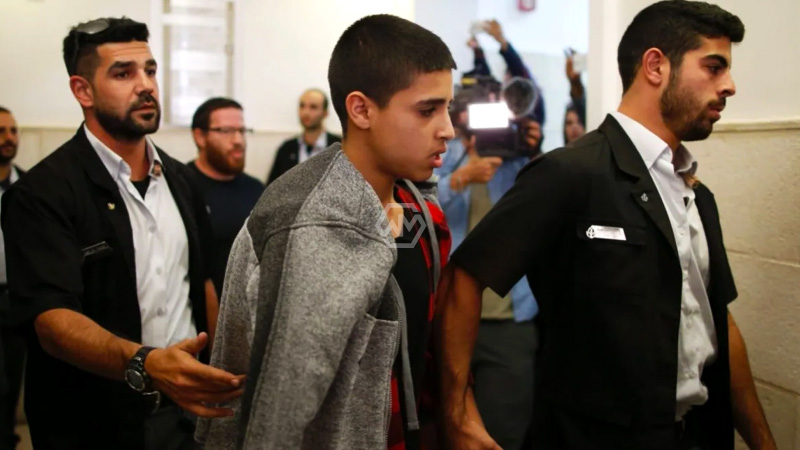- Ahmad Manasra, arrested at 13, released after serving a full 9.5-year sentence in Israel.
- Rights groups cite psychological abuse, solitary confinement, and lack of due process.
- His release coincides with Israel freeing 10 abused Palestinian detainees from Gaza.
Ahmad Manasra’s release marks the end of a harrowing prison journey that began when he was just 13 years old. His case gained international attention due to the circumstances of his arrest and treatment. This included being interrogated without a lawyer or guardian, and spending extended periods in solitary confinement.
Alongside Manasra’s release, 10 Palestinian detainees from Gaza were also freed, following reports of abuse and mistreatment during detention.
From Prison to Trauma: The Long Road Ahead for Ahmad Manasra and Gaza Detainees
Ahmad Manasra’s imprisonment began with a violent incident in 2015, when he and his cousin were involved in a stabbing attack in Jerusalem. His cousin was shot dead on the scene, and Ahmad was critically wounded. Israeli authorities labeled him a terrorist. However, advocates stressed that he was a child whose treatment should have adhered to international juvenile justice standards. They say this was grossly ignored.
Video evidence of his interrogation showed him being shouted at while visibly distressed. This fueled calls for his immediate release. His solitary confinement for nearly two years is now widely condemned as a breach of international law. Despite his young age and fragile mental state, Israeli parole boards continued to deny early release. They invoked controversial provisions of the Counter-Terrorism Law.
The release of 10 Palestinians from Gaza, detained during Israel’s ongoing military campaign, drew similar outrage. Many of them reported abuse while in custody, and their visibly weakened states upon return raised concerns about the conditions in which they were held. Their release is the first since Israel resumed military actions in March. This broke a prior ceasefire with Hamas.
Human rights organizations have called for transparent investigations and medical support for all recently released detainees. Ahmad Manasra’s case, in particular, remains a stark reminder of how legal systems can fail to protect vulnerable individuals, especially children. His path to recovery will likely be long. The burden of trauma he carries underscores the urgent need for reform in detention practices.
Ahmad Manasra’s release is not just a personal milestone, but a reminder of the ongoing struggle for justice and dignity in the face of systemic abuse. The healing must now begin.
“No child should be subjected to torture or ill-treatment, let alone in solitary confinement for years.” — Heba Morayef, Amnesty International



